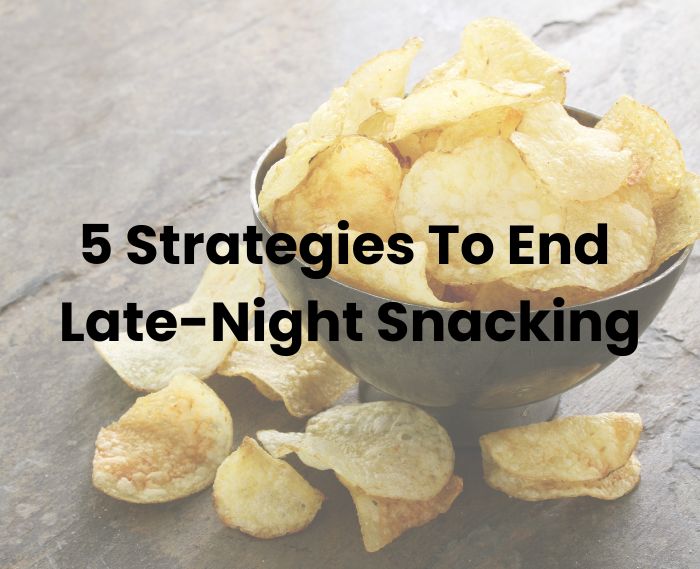A while back, five Washington Post staffers embarked on a 30-day diet challenge and wrote about their experiences weekly. I had a role in it, too, interviewing each of them so I could lend my perspective as a nutritionist. One clear pattern emerged at the start: Most of the staffers said they struggled with nighttime eating. As you may know from personal experience, munching in the evening is not a habit unique to D.C. journalists. The staffers’ issue reflects a larger trend in our national eating habits that has serious health consequences beyond just weight.
Few of us eat the standard three meals a day anymore, according to a new scientific statement by the American Heart Association published in the journal Circulation. Instead we are skipping meals (20 to 30 percent of U.S. adults don’t eat breakfast), snacking more often and eating nearly around the clock. The downsides of late-night eating go beyond the unhealthfulness of the ultra-processed, sugar- and salt-laden foods we tend to munch on after dinner. The timing itself is also a major issue. As the study highlights, our bodies metabolize foods differently at different times of the day. Eating more calories at night, as opposed to earlier in the day, is linked to obesity, increased inflammation, and greater risk of heart disease and diabetes.
The good news is that late-night eating is a habit we have the power to change, as the staffers on the 30-day diet challenge ultimately realized. Here are some strategies they used to reset their eating patterns, plus some of my own, to help you do the same.
Eat regular meals
Not eating enough throughout the day sets the stage for nighttime binging. Flip this pattern and give yourself a fighting chance for success after sundown by eating regular meals and snacks throughout the day, planning and even preparing them ahead so you are not caught scrambling when you are busy. You don’t have to go with three square meals; it can be two or three meals and a couple of snacks or several small meals. The idea is to find a pattern that works for you and strategically plan to achieve it daily.
Pick a cutoff time
The dieting staffers, and many individuals I have worked with, have found it helpful to draw a line in the sand, picking a cutoff time to stop eating in the evening. About 8 or 9 p.m. seems to work for most people, but you can choose whatever time is best for you. Ideally, it should be about three hours before your bedtime, giving you enough time to digest your dinner but not so long that you are likely to get hungry again before going to sleep.
Wait and reevaluate
If you are craving food at night, instead of impulsively raiding the refrigerator, take a 15-minute pause. Check in with how you are feeling and ask yourself whether you are really hungry or whether, perhaps, there is another way to find satisfaction. A relaxing bath, brisk walk or cup of tea might do the trick if it’s stress that is driving you to eat. In that 15- minute window, the craving might just pass, you might find yourself happily distracted by another activity, or you might ultimately decide to eat something after all. Regardless, waiting a bit and reevaluating how you feel will allow for a more mindful decision.
Plan an evening snack
If you tend to eat dinner early or your evening meal is on the light side and you regularly find yourself hungry at night, plan a small, healthy snack to eat between dinner and bedtime — some fruit and yogurt, a cup of soup or avocado toast, for example. The idea is to strategically snack to manage your hunger rather than let your appetite leave you vulnerable to randomly munching.
Set some ground rules
It’s practically a national pastime — eating out of a bag or carton while sitting on the sofa watching TV — but it’s a scene that creates a perfect storm for mindless overeating. To break that unhealthy habit, set some new ground rules. When you choose to eat something, any time of day but especially at night, put a portion into a bowl or onto a plate and put the rest away. Sit at a table away from the television and fully enjoy your food. When you are done, you can return to your regularly scheduled programming, better off than before.



